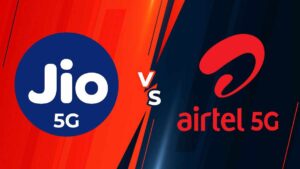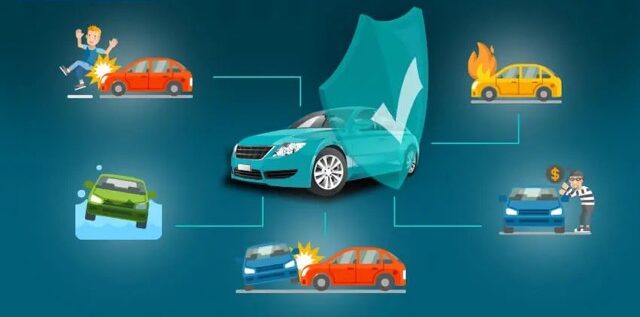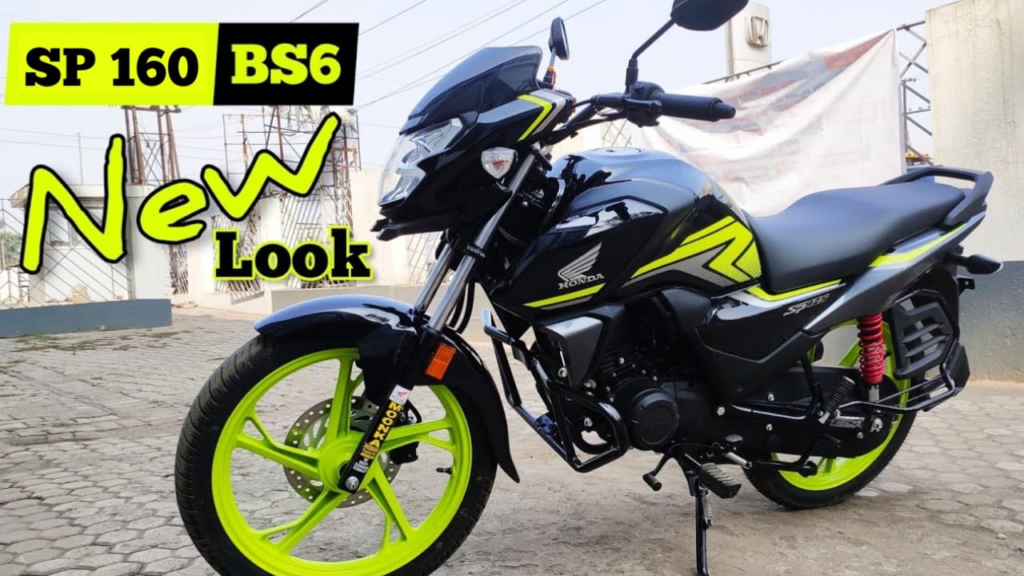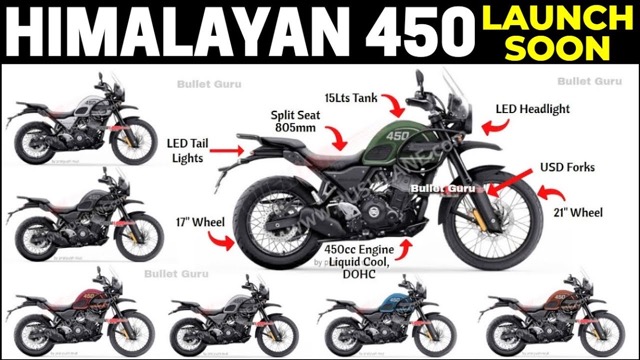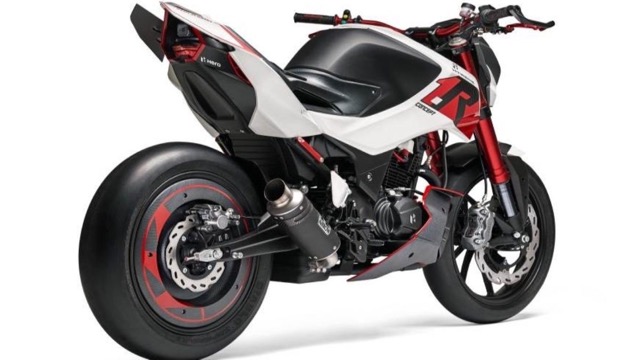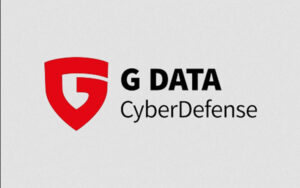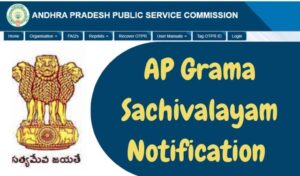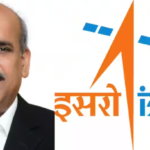Types Of Car Insurance In India, car insurance companies provide numerous insurance policies, which can make it difficult to choose the right policy that meets your needs and budget. Understanding the various types of policies and their benefits is crucial, as each type comes with its own set of advantages and inclusions. To help you navigate this, here is a comprehensive guide detailing the different car insurance policies available in India, along with their terms and conditions.
Outlines Of Guide
ToggleDifferent Types Of Car Insurance
There are several different types of car insurance available in 2024, each offering varying levels of coverage and protection. Understanding the differences between these types of insurance can help you make an informed decision when selecting a policy. Here are some common types of car insurance:
1. Liability Insurance: This is the most basic type of car insurance and is required by law in most states. It covers damages to other people’s property or injuries they sustain in an accident that you are at fault for.
2. Collision Insurance: This type of insurance covers damage to your own vehicle in the event of a collision, regardless of who is at fault.
3. Comprehensive Insurance: Comprehensive insurance provides coverage for damage to your vehicle that is not caused by a collision, such as theft, vandalism, or natural disasters.
4. Uninsured/Underinsured Motorist Coverage: This coverage protects you if you are involved in an accident with a driver who does not have insurance or does not have enough insurance to cover your damages.
5. Personal Injury Protection (PIP): PIP coverage pays for medical expenses and lost wages for you and your passengers, regardless of who is at fault in an accident.
6. Gap Insurance: If you have a loan or lease on your vehicle, gap insurance can help cover the difference between what you owe on the vehicle and its actual cash value if it is totaled in an accident.
It’s important to carefully consider your needs and budget when selecting car insurance coverage to ensure you have adequate protection in case of an accident or other unforeseen events.
Why Do I Need a Car Insurance Policy?
Even if you are a highly responsible driver, your vehicle could encounter unforeseen events like minor or major accidents, breakdowns, tire blowouts, or natural and man-made disasters at any time. Therefore, it is essential to have a suitable car insurance policy in order to be financially protected in such situations and fully enjoy worry-free long drives. A car insurance policy not only protects you and your vehicle from unnecessary stress but also ensures that your vehicle receives optimal care. When selecting a car insurance policy, it is important to understand the available options and their premium costs to choose the most suitable coverage for your requirements.
Different Types of Car Insurance Policies Available in India
Car insurance policies vary based on the coverage provided by each type of policy. They offer basic, standard, and comprehensive coverage, along with optional add-ons to enhance the policy’s coverage and scope. Now, let’s explore the various types of car insurance coverage available in India.
Third-Party Liability Only Cover
Meaning
All vehicle owners are required by the Motor Vehicles Act to have third-party car insurance. This type of insurance offers basic protection for damage caused to third-party vehicles, individuals, or property, providing car owners with peace of mind and financial security in the event of an accident.
Coverage
- Only cover third-party damages.
- Does not provide any coverage to the insurer.
- Covers personal injury, loss of life, and property damage caused to the third-party.
- Covers partial and permanent disability caused to the third-party.
Premium
The primary characteristic of a third-party car insurance policy is that it offers fundamental coverage at a highly cost-effective price. The premium for the third-party car insurance policy is determined by the Insurance Regulatory and Development Authority of India (IRDAI) as follows:
| Capacity of the Car’s Engine | Premium Rates (INR) |
|---|---|
| Not more than 1000cc | 2094 |
| More than 1000cc but not exceeding 1500cc | 3416 |
| More than 1500cc | 7897 |
Add-ons Availability
If a policyholder purchases only a third-party insurance policy, they cannot add any optional add-ons to it. These types of policies only cover damages or injuries caused to a third party by the insured vehicle. The policyholder would need to purchase a comprehensive insurance policy to include any additional coverage options such as personal accident cover, engine protection, or zero depreciation cover. It is important for policyholders to carefully consider their insurance needs and choose a policy that provides adequate coverage for them and their vehicle.
Standalone own-damage car insurance policy
Meaning
Standalone own-damage insurance specifically refers to the damage caused to your own vehicle. This insurance policy offers coverage for the insured’s car and includes any losses or damages sustained by the insured’s vehicle. It can be purchased separately in addition to the compulsory third-party insurance policy.
Coverage
- Accidental damages.
- Burglary, Theft and Housebreaking
- Complete loss of your car due to extensive and irreversible damage or theft
- Fire, explosions, implosions or self-ignition
- Natural calamities such as floods and cyclones.
- Transit of your car via rail, road, air, or inland waterways.
- Cover losses occur due to terror attacks, rioting, vandalism.
Premium
The premium for standalone own damage insurance policy is comparatively higher than the basic third-party insurance policy as it includes more coverage. However, the own-damage premium decreases with time. The premium for your own-damage car insurance policy can be calculated on the basis of three factors:
- Insured Declared Value (IDV) of the car
- Age of the car
- Location or city in which you drive the car
Where,
IDV = (vehicle’s showroom price – depreciation cost) + (cost of any car accessories – depreciation cost)
Knowing the Insured Declared Value (IDV) of your car is crucial in determining the premium for your standalone own damage insurance policy. To calculate the premium, the policyholder can use the following formula: IDV x [Premium Rate (decided by insurer)] + [Add-Ons (if any)] – [Discounts (if any)]. It is essential to note that the premium rate is influenced by various factors like the age of the vehicle, its make and model, engine capacity, city of registration, and so on. Therefore, it’s recommended to compare different policies and premiums offered by different insurers before making a decision.
Own Damage premium = IDV X (Premium Rate) + Add-on covers – Discounts and benefits on the policy
Understanding the coverage provided by your own-damage insurance policy is crucial to ensure that your car is adequately protected in case of any unforeseen incidents. It can help you avoid significant financial liabilities and provide peace of mind. It is important to carefully review the terms and conditions of your policy and understand what it covers, such as damage caused by natural disasters, theft, fire, or accidents. Additionally, it is essential to know the exclusions and limitations of your policy to avoid any surprises at the time of filing a claim. Keeping up with regular maintenance and repairs can also help prevent potential issues and ensure that you are eligible for coverage when needed.
Add-ons Availability
Certainly. Standalone car insurance provides protection for your car against various damages, which is not covered by third-party car insurance. It also gives you the option to include extra coverage to expand your own damage car insurance policy. It’s important to note that these additional features come with an extra cost, so it’s advisable to select only the relevant add-ons to maintain an affordable and fair premium for your own damage car insurance.
Comprehensive Car Insurance Policy
Meaning
Comprehensive car insurance combines third-party car insurance and own damage insurance to provide extensive coverage for all losses or damages to you and your car, as well as protection against third-party liabilities. It is recommended for full financial protection from accidents, theft, and natural disasters. Additionally, policyholders have the option to select Personal Accident Cover along with their comprehensive insurance policy, as mandated by the government of India.
Coverage
- Accidental damages.
- Bodily injuries.
- Damage due to fire
- Theft and burglary.
- Natural disasters such as floods, earthquakes.
- Man-made diasaters such as riots or war.
- In transit car damages.
- Third party losses or damages such as property damage, bodily injury or death.
Premium
The comprehensive insurance policy premium is naturally higher because it covers both third party liabilities and damage to one’s own car. While the third-party premium is predetermined by the insurance regulator, the comprehensive policy premium varies depending on the individual’s car make and model, car age, engine capacity, and RTO location.
Add-on Availability
Certainly. Another benefit of a comprehensive insurance policy is the option for policyholders to purchase additional add-ons, which are optional and come at an extra cost on top of the basic premium. These add-ons can be very useful as they expand the coverage and scope of the car insurance policy. For example, many people choose to include 24×7 roadside assistance or zero depreciation cover as add-ons to their comprehensive policy.
Cheapest Full Coverage Car Insurance in 2024
Ameriprise Car Insurance Review
Different Types of Add-on Riders in Car Insurance
Add-ons play a crucial role in car insurance policies, as they have the potential to expand coverage and provide greater protection when selected thoughtfully. It’s important to be familiar with the various add-ons offered with car insurance policies in India.
- No Claim Bonus (NCB) Covers :If a car insurance policyholder goes without making a claim for a year, they can receive a No Claim Bonus (NCB) when they renew their policy. If they have NCB cover as an add-on, they can make multiple claims and still keep their NCB discount, which can reach up to 50% over five years.
- Zero Depreciation or Nil Depreciation: One of the most frequently used add-ons is when you receive full compensation for the assured amount without any depreciation in value of parts. This helps alleviate the burden of covering depreciation costs and increases your claim amount.
- Roadside Assistance: By purchasing this additional feature, you can access around-the-clock support for towing or emergency breakdown situations. These are common occurrences that any car owner may face. Many policyholders choose this add-on because it offers essential assistance in the event of a vehicle becoming stranded on the road.
- Repair of Components: Here, you will be compensated for the repair costs of glass, fiber and plastic parts if they get damaged due to any collisions or accidnet.
- Daily Allowance: The policyholder gets covered for the cost of other modes of transport such as cab, metro train or rickshaw, till your vehicle is repaired fully in the network garage.
- Hotel Expenses: When you are stranded post an accident, then with this add-on, you are eligible to be compensated for accommodation and travel cost to reach the nearest possible location.
- Return to Invoice: This add-on helps you to receive your full invoice price of your car, if it goes through a total loss or theft.
- Key Replacement: With this add-on, you can get your car keys replaced if you have lost them.
- Engine Secure: If you select this add-on then you can repair the engine without incurring any extra expenses from your pocket.
- Consumables expenses: When you replace air conditioner gas, gearbox oil, oil filter, and other consumables after an accident, this add-on will cover the full amount spent on the listed consumables.
- Loss of Personal Belongings: This add-on helps to cover the loss of personal belongings such as clothes, food items but does not include cash, bank cards, watches, or jewelry.
- Tyre Secure: When you mend a damaged tyre or tube, then this add-on helps to reimburse the costs.
Which Type of Car Insurance Policy Should You Consider?
After understanding the different types of car insurance policies, their coverage, and premium costs, you can now make an informed decision based on your car’s cost, age, usage, and location. Once you’ve determined the type of policy you need, it’s essential to compare multiple plans before making a final decision. By comparing plans, you may find the best coverage at affordable rates. When comparing plans, consider coverage, premium quotes, duration, inclusions and exclusions, optional riders, and deductibles.
For this reason, Forbes Advisor India recommends purchasing a comprehensive car insurance policy, as it provides extensive protection for both someone else’s car and your own car damages. Additionally, it includes coverage for accidental bodily injuries to the owner-driver. Another benefit of opting for a comprehensive car insurance policy is the ability to purchase various add-ons, which can be valuable in unexpected situations. Without a comprehensive policy, you may be responsible for covering your own car damage expenses and repair costs.
Bottom Line
Choosing the right car insurance policy is crucial, but it’s equally important to evaluate your financial needs and determine the kind of policy that suits you best. Before jumping into selecting a policy, it’s essential to assess your budget and understand what coverage options you need. Once you have a clear understanding of your requirements, you can make an informed decision about which policy to choose. The importance of selecting the right car insurance policy cannot be overstated, as it provides complete protection when you need it the most. A comprehensive coverage plan can safeguard you against various risks, including theft, accident damage, and third-party liability. Therefore, it is imperative to do your research and compare different policies offered by various insurance providers to find the one that meets your specific needs. Additionally, ensure that you read the fine print before signing up for a policy as this will help avoid any surprises in case of a claim.
Types Of Car Insurance 2024 Faqs
Does a third-party insurance policy cover natural disasters?
No. Only a comprehensive car insurance policy safeguards financial protection from natural disasters such as floods, landslides. A third-party insurance policy is only restricted to the third-party damages caused from your car.
What are the benefits of add-ons in car insurance?
Each add-on has its own benefits and advantages. Some provide full value for the depreciation cost and other add-ons provide engine and tyre protections. Car insurers offer ample of such add-ons which can be added along with your comprehensive policy to provide more protection and extra coverage.
Is comprehensive car insurance policy mandatory for all the car owners in India.
No. Only a third-party car insurance policy and a personal accident cover (PAC) are compulsory.
What is the validity of car insurance plans in India?
Generally, a comprehensive kind of car insurance policy have a tenure of one, three or five years. The policyholders are required to refer to their policy documents to find out the validity.
